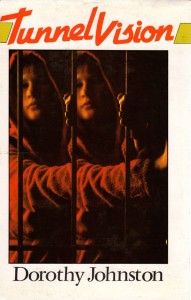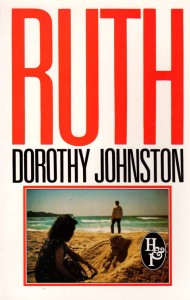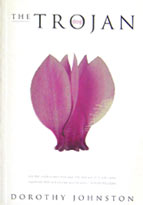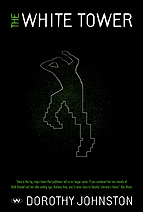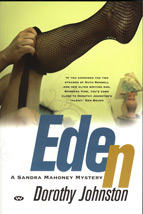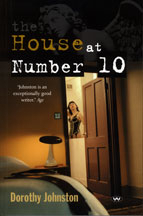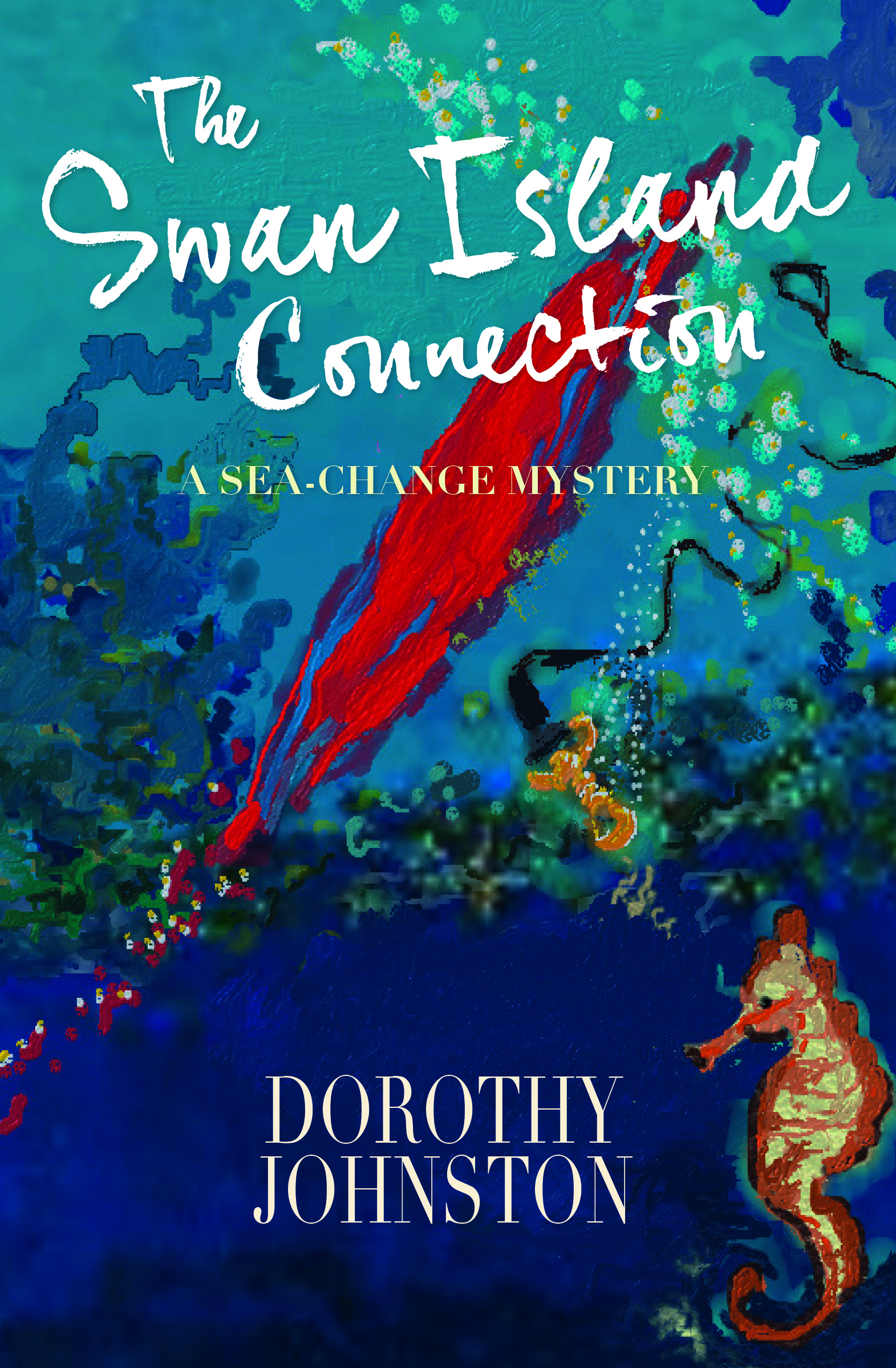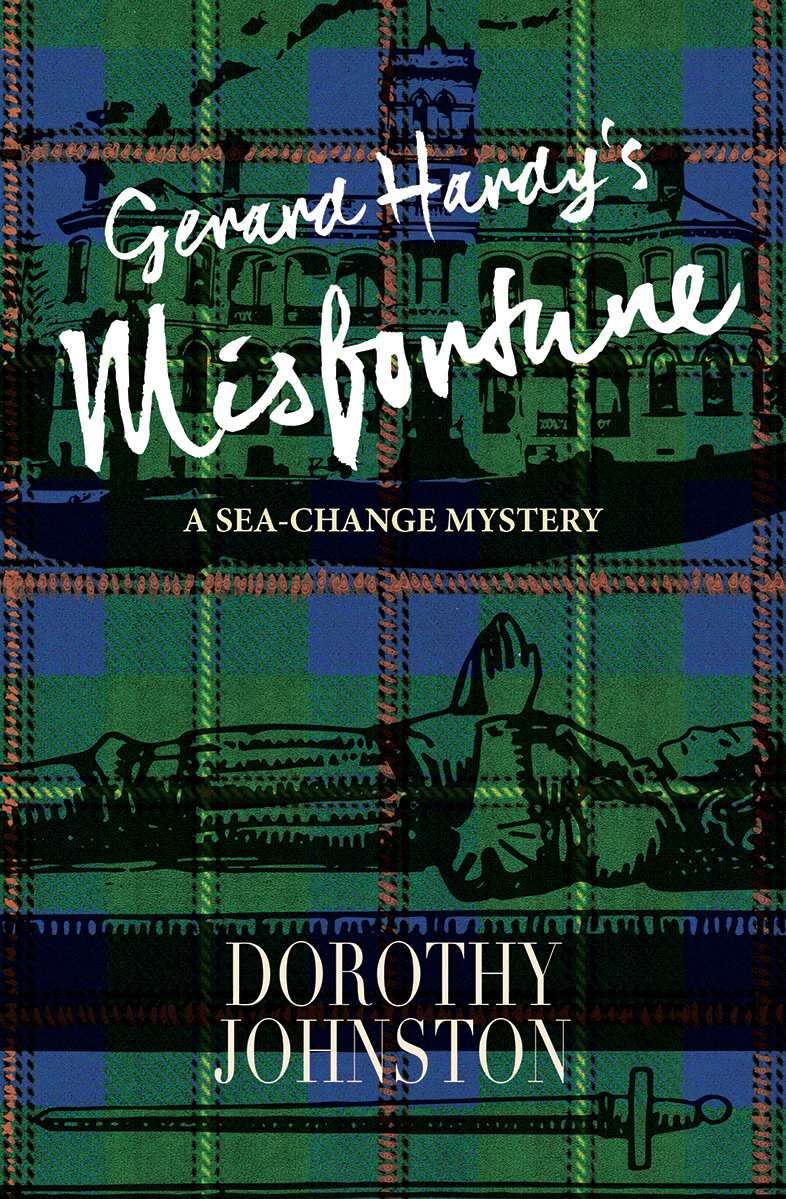When I came across AS Byatt’s description of the modern sentence, it was with a sense of deep familiarity.
‘A good modern sentence proceeds evenly, loosely joined by commas, and its feel is hypothetical, approximate, unstructured, and always aiming at an impossible exactness which it knows it will not achieve.’ (A. S. Byatt, “True Stories and the Facts in Fiction”, in On Histories and Stories, Selected Essays, Harvard University Press 2001)
The sentences Byatt described were the kind that I wrote naturally, it seemed to me instinctively, that I felt at home in. And I immediately recognized the irony; for it is precisely the feeling of being ‘at home’ that is unsettled by such syntax, interrogated by it.
Nevertheless, it felt good. It seemed that, during the years I was teaching myself to write, finding my voice as a writer, I had tapped into a mode of contemporary English that was meaningful because it expressed doubt about meaning, because expressions of doubt and uncertainty were fundamental to it. I had found a sentence construction that belonged to my time and I had made it mine.
Some months ago, I had the opposite experience. I received a reader’s report on a fiction manuscript I had submitted, a report complaining about my sentence construction. The reader described my parenthetic sentences as ‘like listening to a radio that isn’t correctly tuned to the station.’ I didn’t understand the criticism, and puzzled over it. I tried to initiate a dialogue with the reader, but this proved useless.
I finally concluded that, not only did this particular reader have no interest in what was happening inside my sentences, but she had no sympathy for the modern traditions I was writing out of; indeed, to her, they weren’t modern. They were, if she bothered to consider them at all, a thing of the past.
This experience has led me to look differently at writing trends, and to think back over the novels I have reviewed over the last fifteen years.
Many of the books I receive for review are written in the present tense. The present has become the norm, and normative. Sentences which are constructed out of it are shorter and, for the most part, direct; the visual image I have is of sentences all facing the same way.
Partial, verbless sentences are common, or ones in which the present participle is expected to do the work of a whole verb. The idea, I believe, is that this way of writing brings the reader right up close to the characters and the subject matter. The word ‘immediacy’ is often used on back cover blurbs. But I have never, either within an individual review, or in the discussion that goes on around them, found anybody making a case as to why immediacy, conceived in this way, matters. The beneficial effects are taken for granted.
I would love to find a discussion somewhere about what might become lost as this fashionable style spreads. Ambiguity has its dangers; I’m well aware of that. But I wish someone would explain to me why getting rid of ambiguity is better, or convince me that prose that strikes my ear as glib and shallow has more to offer than I give it credit for.
The present tense is supposed to bring readers right up close to the action, to make them feel that they are part of actions that are happening right now. These are illusionist’s tricks. You might argue that all writing makes use of illusion, and it does. But what troubles me is that the ubiquitous present, unrelieved by any other tense, unrelieved by even the pretence of narrative distance, makes it all too easy for the narrative voice to celebrate superficial reactions and emotions and to look no further.
Another way of putting it, is that the novels read like a rehearsal for the books they might be, if only their authors would reflect more deeply, and make sure their readers were given the space and the time to reflect as well.
You can read an essay I wrote for Spectrum on the present tense here.
